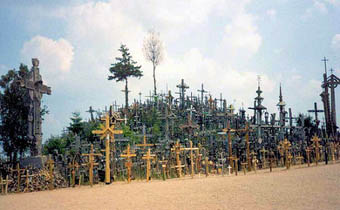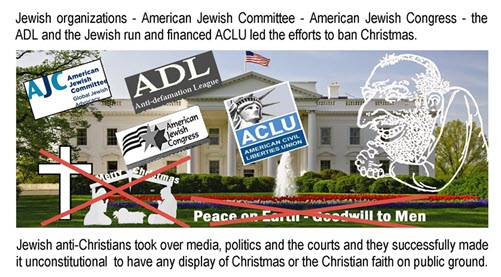 Alexander Solzhenitsyn and the Jews
Alexander Solzhenitsyn and the Jews
By Friedrich Braun
I just finished reading the French translation of Solzhenitsyn’s Two Hundred Years Together (2003) on Russian-Jewish relations since 1772 in two volumes (still no English translation available…”are we powerful or what?”). It’s both a quick and fascinating read; among other things, we learn that not only the October 1917 Revolution (really a just a well-organized, well-carried out Jewish coup) was dominated by Jewish agitators (a documented fact) but so was the 1905 Revolution (something I didn’t know). We also learn from the grand old man the awe-inspiring extent of the Jewish domination of the Soviet Union during its first two decades of existence, including its ruthless and murderous internal security system: Tcheka, OGPU, NKGB, and NKVD. A Russian in the hands of the Tcheka, etc. was almost certain to be in the hands of Jewish torturers and executioners. The litany of Jewish crimes committed against the long-suffering Russians (and other Slavic peoples: Ukrainians and Belarussians) and coldly listed by the author is simply nauseating and one should approach both volumes on an empty stomach. To this day there has been no acknowledgment on the part of international Jewry of their overwhelming support of the Bolshevik dictatorship during its first two decades. No asking for forgiveness. No reparations paid out to Russians. No chest-beating. No nothing…how un-Jewish that would be! Those few, rare Jewish voices who dared to speak about the Jewish role in the establishment of the communist terror machine in Russia were inevitably greeted with hostiliy and enmity by other Jews and told to shut their “self-hating” mouths.
Another interesting aspect brought up by the author concerns the so-called era of “National Bolshevism” (a real misnomer) allegedly inaugurated by Stalin. Solzhenitsyn points out that Stalinism was as much hostile to Russian interests as Lenin and Trotsky. How many millions of Russian peasants and Russian Orthodox clergy perished under Stalin? To speak of a Russian nationalism on the part of Stalin is simply laughable when one considers the the slaughter accompanying collectivisation and religious persecutions. Additionally, Jews continued to be overrepresented at all levels of the Soviet bureaucracy (including their overwhelming participation in the administration of the Gulag system) during Stalin’s years at the helm.
Furthermore, Solzhenitsyn speaks of his personal contacts with Soviet Jews and their typical detached relativism on all issues, including communist crimes with their tens of millions of victims. However, all that cool, intellectual relativism and reluctance to see the world in black and white terms would disappear in the blink of an eye as soon as Hitlerism was mentioned. Another example of Jewish hypocrisy highlighted by the author concerns the Jews admonishing of Russians (namely Solzhenitsyn) to reject global generalisations regarding Jews and aspect of the Jewish character at the same time that they would form and propagate the most negative opinions on the Russian character and how it was the Russians’ fault that the fundamentally noble communist experiment failed. Expressing generalisations about Russians while demandind from them that they abstain from seeing in Jews some distinct personality traits is very Jewish and pure chuzpah. Nothing is ever the Jews’ fault. It’s always someone else’s fault. One standard for the Jews, another standard for the goyim.
November 17th, 2007
Article Source: The Civic Platform

Photo: The Hill of Crosses memorial to those who lost their lives to Communism and tyranny.



